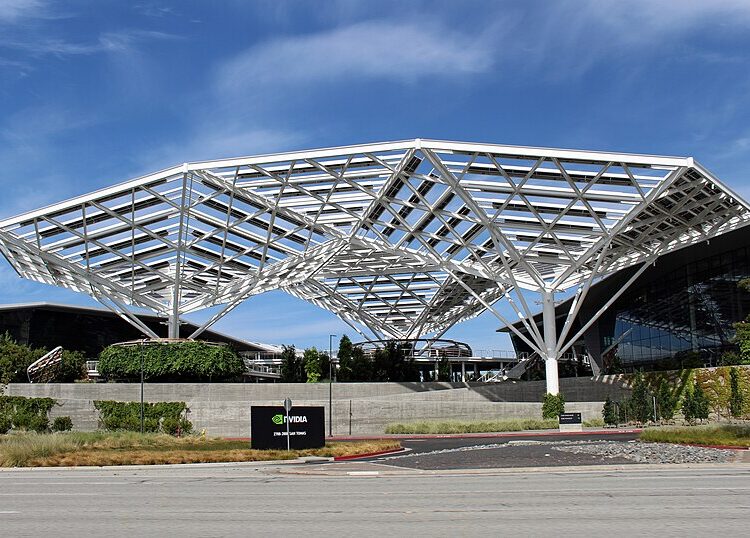The future of space exploration and research may involve an extended ISS
- NASA is considering extending the International Space Station (ISS) past 2030
- There is no major concern about the health of the ISS that would require it to stop operating in 2030
- NASA is monitoring the progress of commercial space stations that will host agency astronauts and science in the 2030s
- Funding and politics are factors that will determine the future of the ISS beyond 2030
- Russia would likely have to extend its participation past 2028 for the ISS to continue
- The future of low Earth orbit work post-ISS will be commercial
NASA is considering extending the International Space Station (ISS) beyond its current agreement expiration in 2030. According to a senior NASA official, there is no major concern about the health of the ISS that would require it to stop operating in 2030. Instead, NASA is monitoring the progress of commercial space stations that will host agency astronauts and science in the 2030s. However, extending the ISS beyond 2030 will require continued funding and political support, as well as the participation of Russia, which is currently committed to the ISS only until 2028. The future of low Earth orbit work post-ISS is expected to be commercial, with NASA funding early-stage work on commercial space station projects. While there are risks and uncertainties, NASA is working towards a smooth transition from the ISS to commercial platforms after 2030.
Public Companies: NASA (N/A), SpaceX (N/A), Blue Origin (N/A), Sierra Space (N/A), Voyager Space (N/A), Northrop Grumman (N/A), Axiom Space (N/A), Roscosmos (N/A)
Private Companies:
Key People: Steve Stich (Manager of the commercial crew program at NASA’s Johnson Space Center (JSC)), Sergei Krikalev (Executive Director of Human Spaceflight Programs at Roscosmos)
Factuality Level: 8
Justification: The article provides information from a senior NASA official about the possibility of the International Space Station (ISS) continuing to operate past 2030. It discusses the factors that would need to be considered, such as funding, international partnerships, and political tensions. The article also mentions ongoing discussions about the future of low Earth orbit work and the development of commercial space stations. Overall, the article presents factual information based on statements from NASA officials and reports on the current state of the ISS and potential future developments.
Noise Level: 7
Justification: The article provides information on the potential extension of the International Space Station (ISS) beyond 2030 and the factors that need to be considered for its continuation. It discusses the need for funding, the development of commercial space stations, and the political dynamics between the United States, Russia, and China. The article also mentions the potential risks and challenges associated with the transition from the ISS to commercial platforms. Overall, the article stays on topic and provides relevant information supported by examples and statements from NASA officials and Russian representatives.
Financial Relevance: No
Financial Markets Impacted: No
Presence of Extreme Event: No
Nature of Extreme Event: No
Impact Rating of the Extreme Event: No
Justification: The article does not pertain to financial topics and does not describe any extreme events.
 www.space.com
www.space.com 




